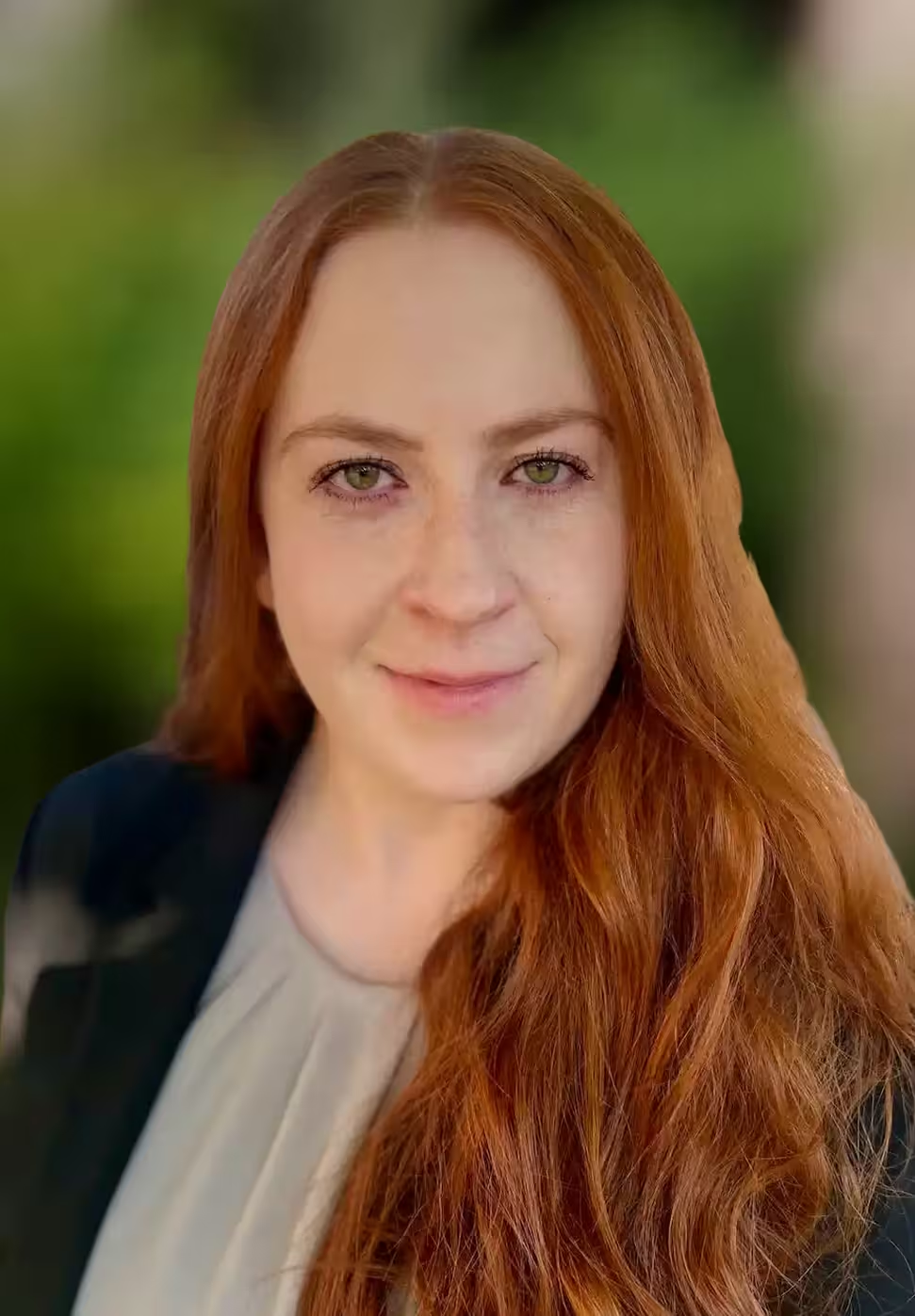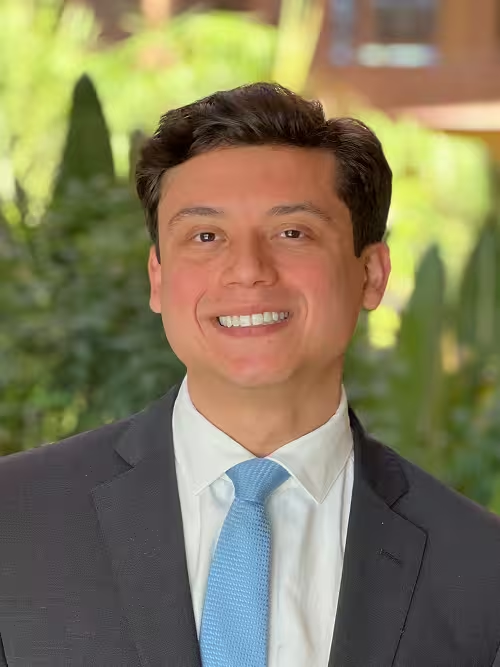
What Probate Means Under Arizona Law
The probate process in Arizona serves as the legal framework for transferring a decedent's assets to rightful heirs and beneficiaries. When someone passes away owning property or financial accounts solely in their name, the Arizona probate code requires court supervision to ensure proper distribution. This legal process validates any existing will, appoints a personal representative, and provides a structured timeline for creditors to make claims against the probate estate.
Arizona's approach to probate administration balances efficiency with protection. The state recognizes that each decedent's estate presents unique challenges, from locating specific assets to resolving disputes among family members.
When Arizona Requires Probate Proceedings
Not every estate must go through formal probate in Arizona. The requirement depends on several factors, including the decedent's assets and how they held title to property. If the decedent left real estate solely in their name or bank accounts without beneficiary designations, probate becomes necessary regardless of whether a last will exists.
Small estates in Arizona may qualify for simplified procedures, avoiding formal probate. This is possible when the deceased's personal property is valued at less than $200,000 and the equity in their real property is under $300,000. It's important to note that the personal property limit refers to the gross value, while the real property limit is calculated after subtracting any liens or debts like a mortgage. Assets held in joint tenancy or with a valid beneficiary deed are not included in these calculations as they bypass probate and transfer directly to the survivors.
The following situations typically require formal probate proceedings in Arizona:
- Real property titled solely in the decedent's name without beneficiary designations
- Bank accounts or investment portfolios lacking payable-on-death instructions
- Personal property exceeding $200,000 in total value
- Business interests requiring formal transfer procedures
- Disputed inheritances or unclear will provisions
- Creditor claims exceeding available non-probate assets
Types of Probate Available in Arizona
Arizona probate code provides multiple pathways for estate administration, each suited to different circumstances and complexity levels. Choosing the right approach can significantly impact the timeline, costs, and family dynamics during an already difficult time.
Informal Probate
The most common route for straightforward estates, informal probate allows the personal representative to act without constant court supervision. This streamlined approach works when family members agree on major decisions and the decedent's estate faces no significant disputes. The appointed representative can distribute assets, pay debts, and close accounts with minimal court intervention, though they must still file required documents with the Arizona court.
Formal Probate
When estates face complications like unclear wills, competing claims, or questions about testamentary capacity, formal probate provides additional oversight. This process requires regular court hearings where a judge reviews major decisions. Formal probate process often becomes necessary when dealing with trust litigation, challenges to the will's validity, or concerns about undue influence. While more time-intensive, it protects both the personal representative and beneficiaries.
Supervised Probate
The most restrictive option, supervised probate places every significant action under direct court control. The personal representative cannot sell property, distribute assets, or pay substantial debts without prior court approval. This level of oversight typically emerges when beneficiaries suspect mismanagement or when the estate involves minor children's interests. Though rare, supervised probate ensures maximum protection when family dynamics or asset complexity demand extra safeguards.
The Personal Representative's Role and Responsibilities
Serving as a personal representative to an estate means accepting both the honor and the obligation. This individual, whether named in the will or appointed by the court, becomes the estate's legal voice. Arizona attorneys often remind clients that this role requires dedication beyond simple asset distribution — it demands careful attention to legal requirements, deadlines, and beneficiary communications.
The representative's duties begin with securing the decedent's assets and end only when the court formally closes the probate estate. Between these bookends lies a complex web of responsibilities:
- Inventorying all property and specific assets within the estate
- Notifying creditors and reviewing claims for validity
- Filing required tax returns for both the estate and final personal returns
- Maintaining detailed financial records throughout probate administration
- Communicating regularly with beneficiaries about case progress
- Protecting estate assets from loss or deterioration
- Obtaining court approval for major decisions when required
- Distributing remaining assets according to the will or Arizona law
Personal gain must never influence their decisions; Arizona law requires complete loyalty to the estate and its beneficiaries.
Strategies to Avoid Probate in Arizona
Thoughtful planning today can spare your loved ones from probate proceedings tomorrow. Arizona law recognizes several methods for keeping assets outside the probate estate, each offering distinct advantages for different situations. Life insurance policies automatically avoid probate when properly designated, as do retirement accounts with named beneficiaries.
Real property presents unique opportunities through Arizona's beneficiary deed statute. This powerful tool allows property owners to designate who receives their real estate upon death while maintaining complete control during life. The following strategies help Arizona residents bypass probate:
- Beneficiary deeds for real property transfers
- Joint tenancy with right of survivorship for homes and land
- Payable-on-death designations for bank accounts
- Transfer-on-death registrations for vehicles and securities
- Revocable living trusts for comprehensive asset management
- Proper beneficiary designations on life insurance policies
- Updated beneficiary forms for retirement accounts and pensions
Each method carries specific advantages and potential drawbacks. Joint tenants must consider tax implications and creditor exposure, while trust creation involves upfront costs but provides maximum flexibility. Our legal team evaluates which combination best serves your family's unique circumstances and long-term goals.
Arizona Probate Settlement Forms and Documentation
Proper documentation is the backbone of successful probate administration in Arizona. The law offices handling these matters must file specific forms at precise intervals, creating a paper trail that protects all parties involved. Initial filings include the petition to open probate and the original will, if one exists. The personal representative must submit detailed inventories listing every asset's location and estimated value.
As the probate process advances, additional forms track creditor claims, asset sales, and distribution plans. Arizona court requirements vary by county, with some jurisdictions demanding electronic filing while others accept traditional paper submissions. Tax-related documents can often be complex and confusing, especially when the probate estate includes business interests or out-of-state property. Final accounting forms must reconcile every dollar received and distributed, providing transparency that satisfies both the court and beneficiaries.



.png)

.png)
.png)
.png)
.svg)




.svg)

.png)

_4XLG.webp)










%20(1).png)
.svg)